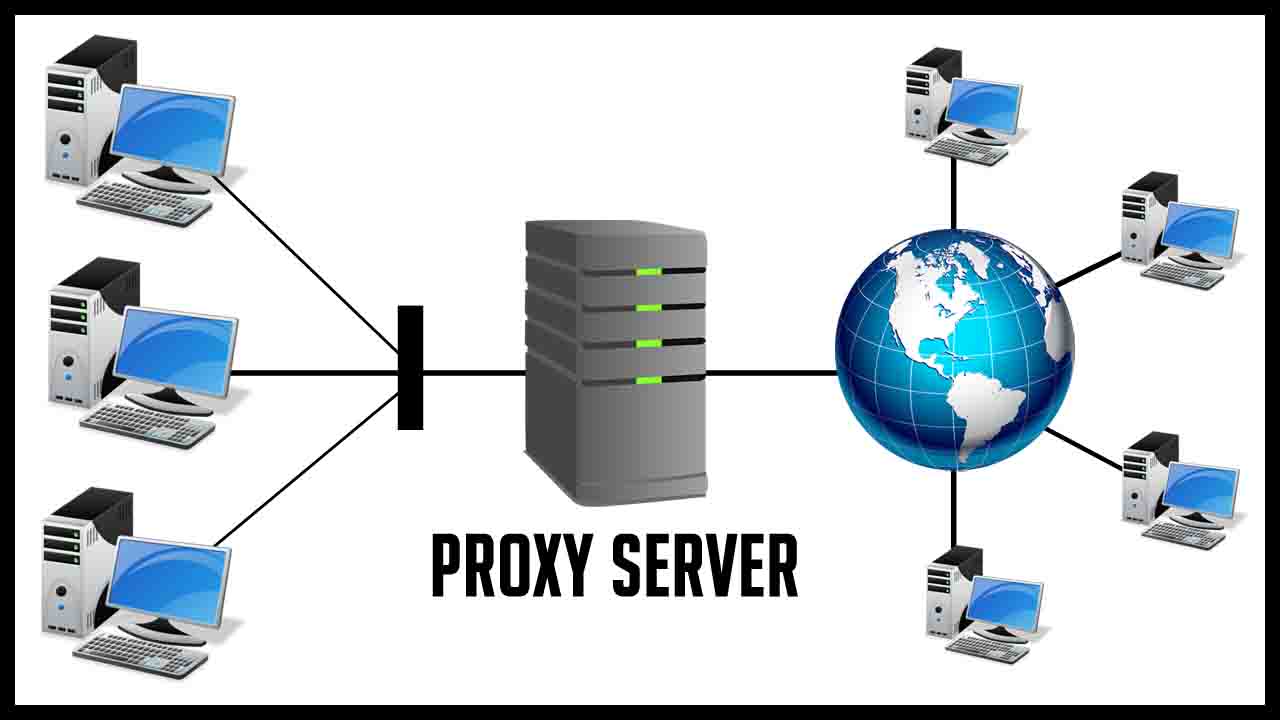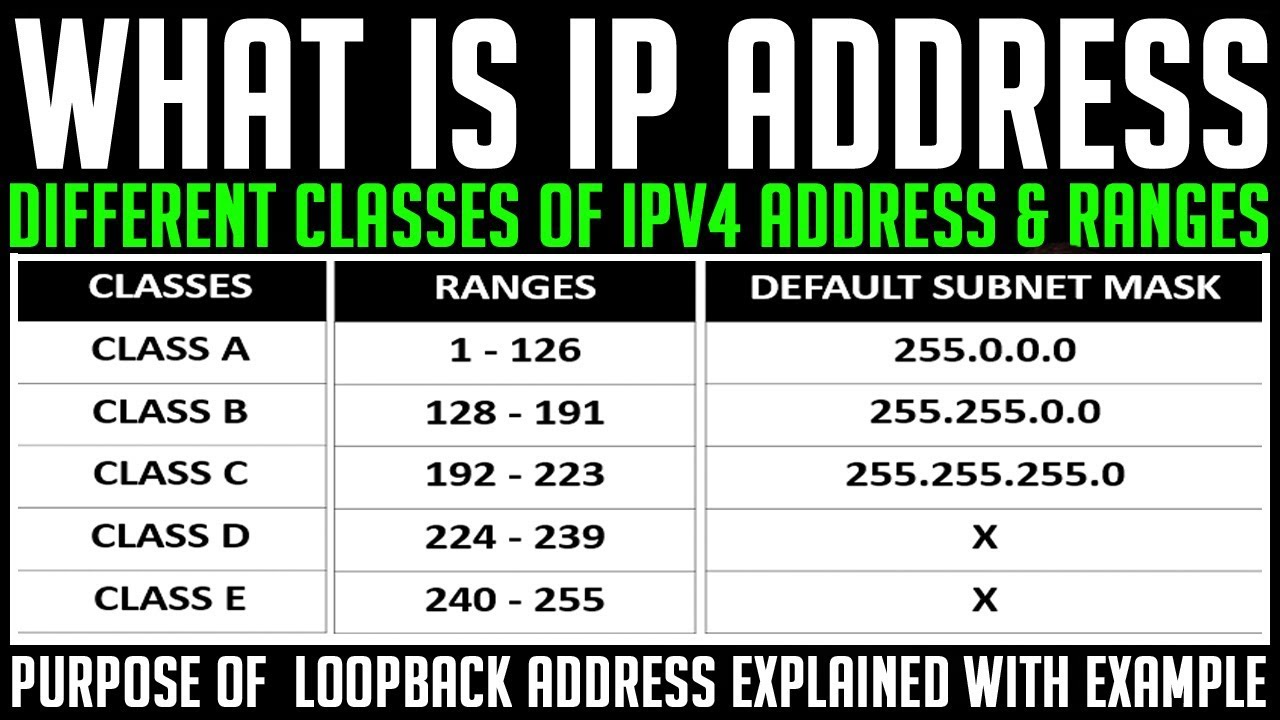What is a proxy server?
A proxy server is a server placed between a client computer and the Internet. Proxy Server provides network security, manage what users are surfing on the internet, block certain websites and improve network performance. Now, let’s have a look at, How Proxy Server works, what are the advantages and disadvantages of proxy server in networking.

How Proxy Server works
Normally, if a PC is directly get connected to the internet then the user is able to access the web services without any restriction. If there is a proxy server installed on a computer network, the data transfer occurs only through it. Every time user is trying to access the internet they have to send a request to the proxy server and this server is going to forward its request to the web server. Now, the web server will send this data to the proxy server and then the server saves this data in its local cache and provides it to the user in a network.
So like this, in next time if some request for the same data. The proxy server not going to forward the request to the internet. Instead of this, it will send the data to the user from its local cache. In this way, the proxy server saves network bandwidth and improve network performance.
Advantages of Proxy Server
Network Security
Proxy server hides the real IP address of a user in the network. The time user is trying to browse anything on the internet, the proxy server will not provide the IP address of the real user. Instead of this, it provides its own logical IP address to the web server. Like this unauthorized users available in the public network unable to detect the real IP address of your PC and not able to hack your computer.
Performance Improvement:
Every time proxy server receives a data from the web server, it used to save it into its local cache. So that next time if someone request for the same data your proxy server can directly provide it from its local cache. Like this, it saves network bandwidth.
As for example, there are 1000 computers in a network and everyone wants windows update which is around 3 GB. So, in the basic scenario for 1000 computers, you need 3000 GB of internet data that is a huge amount, right. So, we use a proxy server. The time any single PC request for windows update, your proxy server receives the update from a web server and save this update in its local cache and then provide it to the requested user. Now, next time if any other PC request for windows update, the proxy server is going to provide it from its cache and it no need to download 3000 GB of data from the internet. Like this, it saves your network bandwidth and also improves the network performance.
Monitoring Users in a Network
With the help of proxy server a network administrator able to know everything that a user is searching for on the internet. As for example, if a user is downloading movies from any illegal site and consume more network bandwidth. All this information are going to save in a proxy server. So like this, your administrator able to monitor users in a network and check which user is consuming more network bandwidth and for what purpose.
Block Website
With the help of a proxy server, a network administrator can block a particular website. As for example, in a large organization, there are a huge amount of employees working. So in most of this organizations, the network administrator use to block websites which is not a part of their business.
Access Control:
This feature allows a network administrator to filter user request. As for example, the administrator is instructed to block particular websites such as to block Facebook. But not to block for everyone. So, with the help of access control feature network administrator can set a rule, which users are allowed to access Facebook and which users are not allowed to access Facebook.
Disadvantages of Proxy Server
- The proxy server needs additional Investment. It is not easy for all to afford.
- The user cannot browse everything they want. Admin is having rights to block certain website and services.
- Whatever user browse or download from the internet. Everything saves in in the proxy server and the administrator is having rights to view them all. So, there is no freedom of browsing everything.
- The proxy servers are less secure than storing all the user passwords in active directory.
- The usage of E-mail, transferring the files and the web surfing is limited in the proxy servers.


